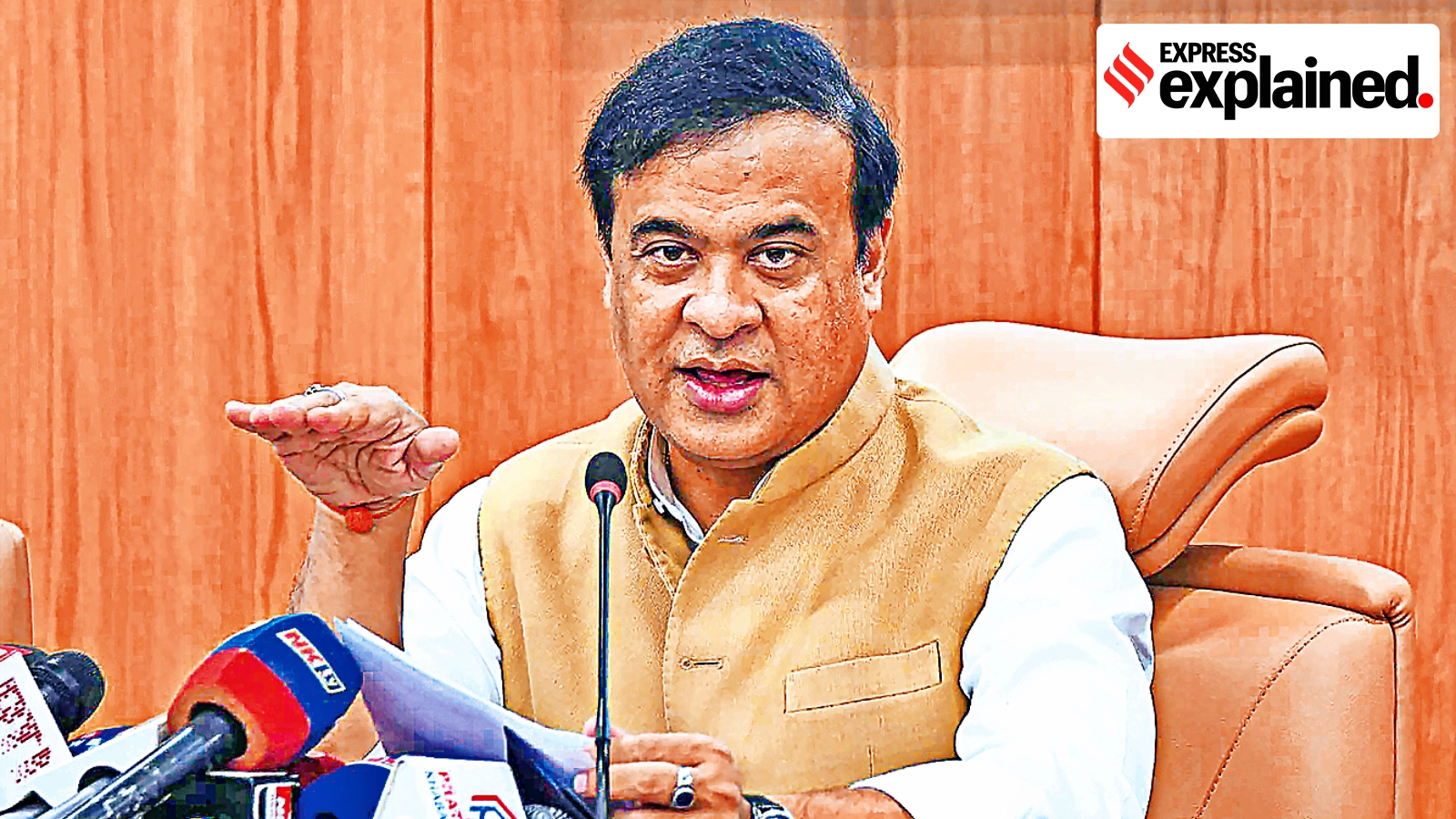 |
|
The state of Assam in India has taken a significant step towards regulating Muslim marriages with the passage of the Assam Compulsory Registration of Muslim Marriages and Divorces Bill, 2024. This new law, which replaces an 89-year-old colonial-era act, aims to prevent child marriages, polygamy, and ensure marriages are conducted with the consent of both parties.
The government's primary argument for scrapping the old law was its allowance for the registration of marriages involving minors. Specifically, the government pointed to provisions in the old Act that permitted guardians to register marriages on behalf of minors, which facilitated child marriages. The new law addresses this concern by stipulating a minimum age of 18 years for women and 21 years for men at the time of marriage.
Another notable aspect of the new law is the removal of the traditional role of 'kazis' in marriage registration. Kazis, who are religious functionaries, have historically been involved in officiating Muslim marriages. The new legislation replaces them with government-appointed 'Marriage and Divorce Registrars,' ensuring greater accountability and transparency in the registration process.
The new law outlines several conditions for registering a Muslim marriage, including obtaining the free consent of both parties, residency requirements, and compliance with the prohibited degree of relationship as per Muslim law. It also introduces a mechanism for addressing objections to proposed marriages, allowing for appeals if the Registrar refuses to solemnize a marriage based on violation of any stipulated conditions.
The government's decision to implement this new law has been met with mixed reactions. While some applaud the intent to address child marriages and promote greater transparency in the marriage registration process, others criticize the complexity of the new procedure and question the need to eliminate the role of kazis. The debate surrounding this law highlights the complex interplay between religious practices, legal frameworks, and social reforms in a diverse country like India.
Source: What Assam’s new Muslim marriage law says, why it was introduced
